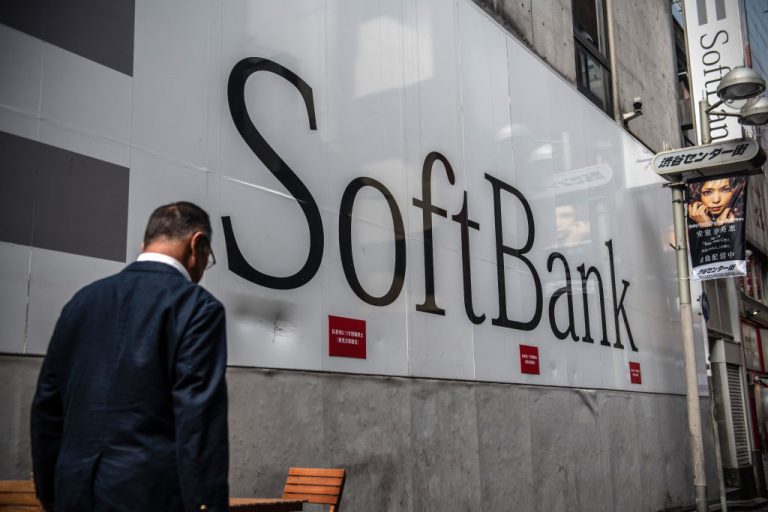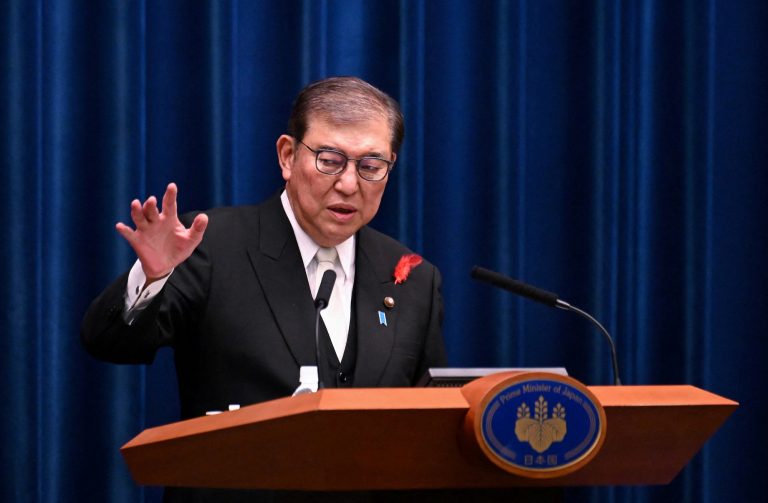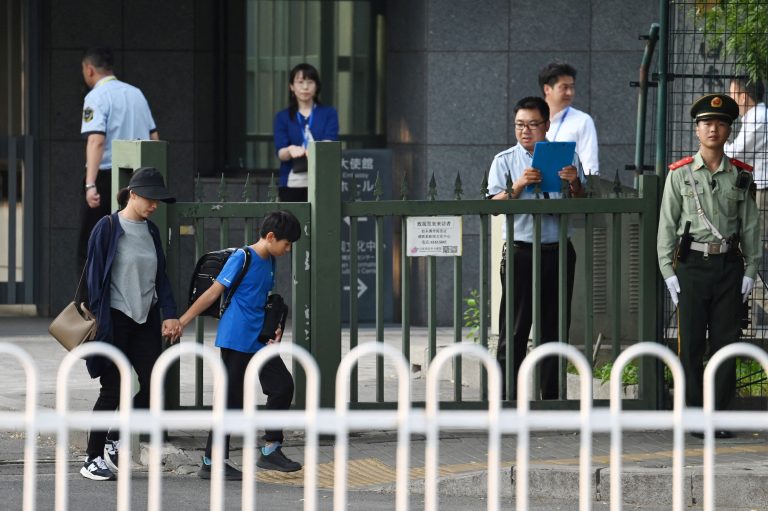Tokyo-based investment management company SoftBank Group has announced a net loss for the July-September quarter. This is the company’s first quarterly net loss in a year and a half. Softbank is popular for its Vision Fund that is valued at $100 billion.
CEO and founder Masayoshi Son blamed Beijing’s crackdown on tech companies, especially Alibaba, as being responsible for the poor performance. The crackdown triggered a severe selloff in tech stocks that ended up affecting the value of SoftBank’s portfolio.
In the third quarter, SoftBank registered a net loss of 397 billion yen (US$3.5 billion). During this period, the company’s net asset value declined by $54.3 billion to $187 billion. “It is a time of severe trials for China’s high-tech stocks… We are right in the middle of a storm,” Son said in an earnings presentation that opened with the picture of a blizzard. However, he remains optimistic about SoftBank’s investments.
According to Son, the main reason why SoftBank performed so poorly in Q4 was Alibaba. After Alibaba founder Jack Ma criticized Chinese regulators last year, Beijing has treated the company harshly.
Alibaba was slapped with a massive fine of $2.8 billion after authorities said the company acted as a monopoly. The Chinese firm’s market value fell by $400 billion over the past year. During Q3, Alibaba’s stock declined by 35 percent. Son is close friends with Ma, having invested $20 million in Alibaba almost two decades back. When Alibaba went public in 2014, Son’s holdings were valued at $60 billion.
Success
You are now signed up for our newsletter
Success
Check your email to complete sign up
Vision Fund recorded a $10.5 billion loss. Son blamed the loss on poor performance by Chinese firms, including ride-hailing app Didi. Last year, Didi was another tech company that was targeted by Beijing’s crackdown. The actions of Chinese authorities caused Didi’s American IPO to crash. During Q3, Didi’s shares fell by 45 percent.
Vision Fund, created in 2017, has had a questionable performance over the years. The fund saw a decline in 2019. It then performed very well for three quarters last fiscal year and is now being weighed down by the plunging values of tech stocks.
In an interview with Bloomberg, Kirk Boodry, an analyst at Redex Research in Tokyo, said that most shares Vision Fund brought to the market this year have fallen after being listed. “That’s an incredibly poor track record. They have been behind a lot of overpriced IPOs. It makes you wonder whether this whole cycle of investing, taking the companies public and then getting your money back is broken,” Boodry said.
Son had earlier indicated that he was worried about investments in China. During an earnings call in August, Son stated that he would be taking a cautious approach to China until the regulatory environment clears up. His comments attracted widespread attention, with some saying that Beijing’s excessive actions against tech companies are alienating investors like Son.
“Although [Son’s statement] is one side’s voice, it will spread widely and affect the rhythm and determination of many investment institutions that focus on mid- and late-stage funding rounds, and it will naturally have an impact on the funding pace and success rate of many start-ups,” David Zhang, founding managing partner at Matrix Partners China, said on his WeChat account.
Meanwhile, Son lost 150 billion yen (US$1.32 billion) of his personal funds investing in SB Northstar, a derivatives trading arm of SoftBank which has been shut down. He is betting a part of his money in Latin American funds and has high expectations from Indian fintech firm Paytm that recently launched the country’s biggest IPO.







